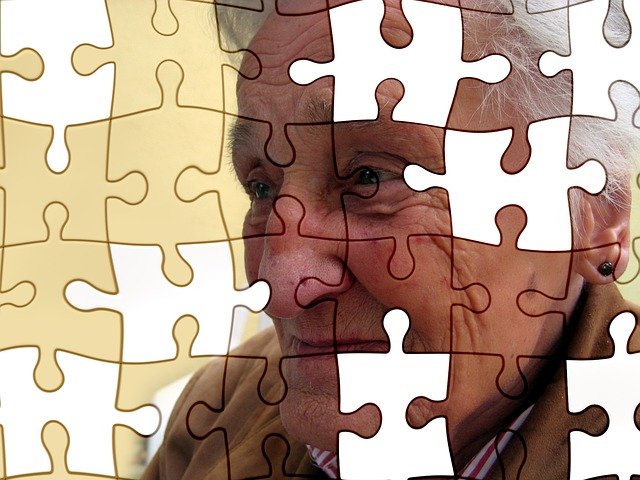Today, facilities offering senior therapy and rehabilitation often serve patients with Parkinson’s Disease. Many medical research projects have focused upon this condition recently. Scientists currently seek to identify different subtypes of Parkinson’s Disease.
Parkinson’s Disease: Not The Same as Alzheimer’s Disease
Both severe Parkinson’s Disease and Alzheimer’s Disease cause symptoms of dementia. However, not all Parkinson’s Disease patients eventually experience that outcome. In fact, many of these individuals never require assisted care services.
During recent years, researchers have learned a lot of information about Parkinson’s Disease. The condition develops at different rates in patients. Like Alzheimer’s Disease, it may produce changes in brain tissue. When dementia affects people with Parkinson’s Disease, many experts believe this result happens in part due to the accumulation of a high level of proteins in the brain described as “Lewy Bodies“. In this respect, the dementias produced by Alzheimer’s Disease and Parkinson’s Disease differ.
Symptoms of Parkinson’s Disease
Unlike Alzheimer’s Disease, which may prove challenging to diagnose, Parkinson’s Disease patients develop some distinctive symptoms. Hands that tremor, a characteristic stooping posture, and a “shuffling” gait often characterize this condition. Approximately half of the people diagnosed with Parkinson’s Disease eventually sustain some cognitive declines.
In some cases, patients with Parkinson’s Disease require assistance mainly due to physical (not cognitive) impairments. Tremors may affect facial muscles, and make it difficult to speak clearly or chew and swallow food easily. Musculoskeletal pain, depression, anxiety, and sleep disruptions may occur. Some people with Parkinson’s Disease experience blood pressure fluctuations, and a loss of the sense of smell. The disease impacts different people in variable ways, so not all Parkinson’s Disease patients experience all symptoms (or even the same severity of symptoms).
Assisting Patients With Parkinson’s Disease
What steps can caregivers take to assist people with Parkinson’s Disease? Since this condition develops over the course of months, years, and decades, many patients live independently their entire lives. The AARP website recommends these activities:
- Playing mentally engaging games, like crossword puzzles;
- Eating a “Mediterranean” diet of vegetables and whole grains;
- Remaining socially engaged with others;
- Making an effort to perform simple tasks using the non-dominant hand.
Experts caution this condition may increase the risk of stumbling, so it proves very important to check living areas to minimize slip and fall hazards.


